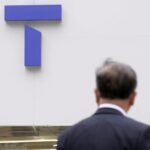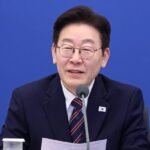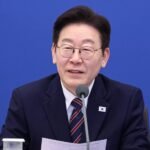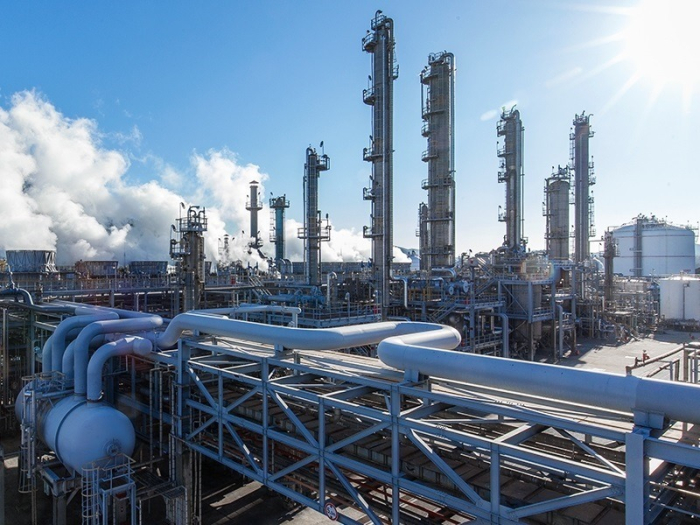
Yeochun NCC (YNCC) Co., South Korea’s major petrochemical producer, is facing a default risk as its owners disagree over capital injections amid the industry’s persistent downturn.
YNCC is expected to suffer a shortfall of about 310 billion won ($222.8 million) by later this month due to sustained losses and a deteriorating financial structure amid the prolonged slowdown in the petrochemical industry, according to investment banking industry sources on Friday.
YNCC, the 50:50 joint venture between South Korea’s chemicals-to-defense conglomerate Hanwha Group and petrochemical-to-construction conglomerate DL Group, is likely to default if the naphtha cracker operator fails to secure the money by Aug. 21 through corporate bond sales or loans, the sources said.
The company, founded by Hanwha Solutions Corp. and DL Chemical Co., formerly Daelim Industrial Co., has been in the red due to cut-throat competition with Chinese rivals, a supply glut and weak demand.
FINANCIAL SUPPORT VS FUNDAMENTAL IMPROVEMENT
Hanwha Solutions decided to provide 150 billion won to YNCC at its board meeting on July 30 and requested DL Group to join the move.
DL Group continues to insist that it will not support YNCC unless the loss-making joint venture improves its earnings, financial structure and other issues.
DL Group Chairman Lee Hae-wook and Hanwha Group Vice Chairman Yeo Seung Joo failed to agree on the support on Aug. 4.
The two groups had sought a meeting between Lee and Hanwha Group Vice Chairman and heir apparent Kim Dong-kwan, but the gathering has been indefinitely postponed due to Lee’s rigid stance. Hanwha Group hopes to save YNCC through additional funding and gradual production cuts.
Lee has been against support on YNCC, however.
“Yeochun NCC is not sustainable and the only solution is a debt workout,” Lee said at a task force meeting to rescue YNCC late last month. “We cannot inject money into a company with no hope, even if it defaults.”
YNCC, which had been one of the largest naphtha buyers in Asia turned to the red as China began flooding the market with cheap, commodity-grade petrochemicals in 2022.
The company reported a net loss of 61.8 billion won in the first quarter after suffering a combined net loss of 823.9 billion won in 2022-2024. Its debt-to-equity ratio was at 280.5% as of the end of March.
DL REFUSES SUPPORT
DL Group does not want to keep providing money to YNCC as the conglomerate’s core businesses – petrochemicals and construction – are struggling.
Hanwha Group cannot inject the 150 billion won into YNCC if DL Group, the other shareholder, opposes it in the board meeting.
It would be difficult for YNCC to seek a debt workout, which requires creditors’ sacrifice, and a court-led corporate rehabilitation without DL Group’s support, industry sources said.
The conglomerate rejected Hanwha Group’s proposal to repay half of YNCC’s debts and exit the joint venture.
DL Group has collected a total of 2.2 trillion won in dividends since it established YNCC with Hanwha Group in 1999.
The two groups have been in conflict over key issues such as output cuts, additional funding and changes in shareholder structure since earlier this year.
That came after the long-term supply contract at the end of 2024, under which YNCC provided ethylene and propylene to Hanwha Solutions and DL Chemical.
INDUSTRY RESTRUCTURING
The South Korean government is closely watching the matter as the country is seeking to restructure the ailing domestic petrochemical industry.
The government has considered gradually reducing YNCC’s output and combining the company with Lotte Chemical Corp.’s petrochemical complex in Yeosu, a coastal city about 340 kilometers (211.3 miles) southwest of Seoul.
YNCC is operating four naphtha crackers with an annual ethylene capacity of 2.3 million tons in the city where Lotte has plants that can produce 1.2 million tons of the petrochemical products.
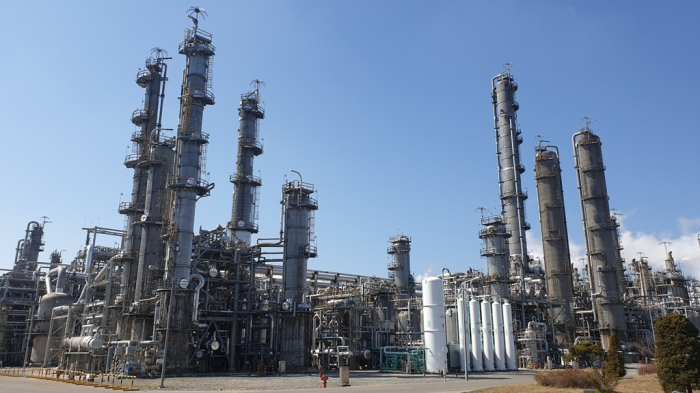
Lotte has been in talks with HD Hyundai Co. to consolidate their petrochemical complexes in Daesan, about 130 kilometers southwest of Seoul.
SK Geo Centric Co., a petrochemical unit of South Korea’s No. 2 conglomerate SK Group, and Korea Petrochemical Ind. Co. are also discussing cutting their production and merging their facilities in Ulsan, about 400 kilometers southeast of Seoul.
By Jun-Ho Cha and Jong-Kwan Park
chacha@hankyung.com
Jongwoo Cheon edited this article.

